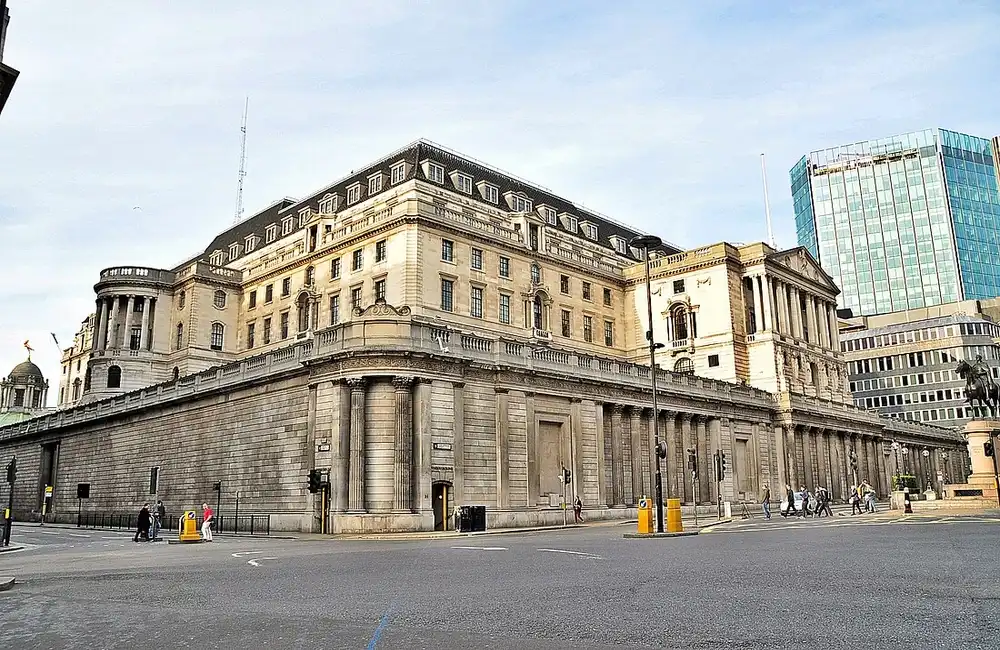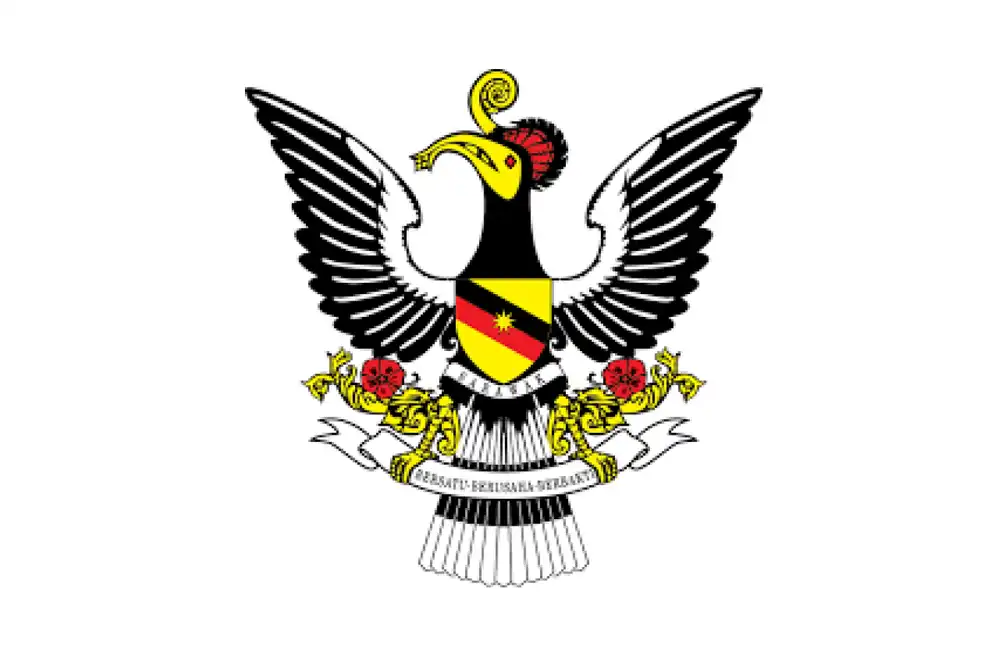UK finance chiefs adjust to trade tension escalation that peaked with Donald Trump's extensive global tariff policies.
The most recent Deloitte survey of FTSE 350 Chief Financial Officers conducted from March 18th to March 31st 2025 revealed that financial professionals are currently experiencing the highest levels of uncertainty since the emergence of COVID-19 and the Russian invasion of Ukraine.
Sixty-three percent of CFOs now focus on cost-cutting as their primary strategy which shows a significant rise from 52% three months prior and sets a new record as the second-highest percentage. The percentage of CFOs who prioritise growth strategies like launching new products or expanding markets has decreased to 20%, from the previous 25%.
The survey collected responses from 67 finance leaders at UK-listed companies that together represent 18% of the stock market capitalisation and reveals negative predictions for future hiring and wage growth. The CFOs forecast that hiring will decelerate while wage growth will diminish to 3% in the upcoming year.
Organisations foresee elevated input expenses growing faster than their potential revenue increases. Domestic policy changes like increased payroll taxes and a 7% rise in the national minimum wage which started in April contribute to this trend. Finance leaders expect a financially challenging year ahead as profit margins shrink under these factors.
Amanda Tickel from Deloitte UK explained that ongoing trade term uncertainties tend to result in extended periods of investment constraints. Businesses must implement proactive strategies yet will delay comprehensive supply chain changes until policy conditions stabilise.
The Shock Waves of Trump's Tariff Regime
The trade network instability worsened after President Donald Trump introduced a blanket 10% import tax combined with Chinese product tariff increases up to 145%. The implementation of these policies has disrupted the operational flow of UK businesses which rely on seamless global supply chains.
Company pricing models have become uncertain, export operations have faced disruptions, and businesses are reassessing their investment strategies because of the tariffs. Stewart Golf from Gloucester faces pricing model complications because of unpredictable tariff rates. The CEO of the company, Mark Stewart, expressed his frustration as he remains "at a loss for words" when trying to determine the pricing for golf bags headed to the US due to unstable tariff policies.
Brompton Bicycle, along with other exporters, has started reviewing its previous growth and market expansion strategies in the United States. Brompton's CEO, Will Butler-Adams, explained that increased prices due to tariffs will lead to reduced demand and possible layoffs while noting that maintaining US product lines under current market conditions is unsustainable.
UK Government Interventions
The UK government unveiled temporary actions to help British businesses manage the effects of global trade turmoil. The government has decided to remove import tariffs on essential products including pasta and fruit juices for two years which will suspend these tariffs until 2027.
Chancellor Rachel Reeves announced a £20 billion growth in government-supported export loan facilities and directed £10 billion to support companies facing urgent tariff-related difficulties. The interventions aim to assist exporters by providing relief and creating opportunities to adjust operational strategies during unstable trade conditions.
Implications for UK Businesses and Economic Growth
CFOs have turned to defensive strategies because domestic issues like tax increases and wage costs are matched by foreign pressures, such as US tariffs. Companies maintain cash flow stability while lowering their debt levels to build up their cash reserves.
Experts indicate that while this strategy serves crucial short-term needs, it risks discouraging future investments and economic growth. Weakened GDP growth may result from broader economic indicators being affected by a slowdown in hiring, reductions in wage growth, and slashed investments. Based on current projections, the UK government predicts a 1% GDP growth rate for 2025, which represents a 50% decrease from earlier predictions.
Export-dependent sectors like pharmaceuticals and automotive struggle to sustain their competitive edge. British exporters, who already face post-Brexit regulatory complexities, need to manage additional challenges concerning tariff rates and pricing structures.
Balancing Short-Term Survival with Long-Term Vision
Despite facing numerous immediate challenges, UK businesses still possess the potential for resilience. A cooperative partnership between private enterprises and government policymakers will become crucial to maintaining stable trade flows and creating a strategic pathway forward.
Businesses must stay adaptable and utilise available tools, including government loan facilities and trade exemptions, to ensure these efforts succeed. CFOs must manage current financial pressures by cutting costs while investing in long-term organisational resilience.
With the international trade landscape facing radical shifts, one thing remains evident: Surviving the current economic turmoil hinges on business leaders who exhibit adaptability as their key characteristic.

















